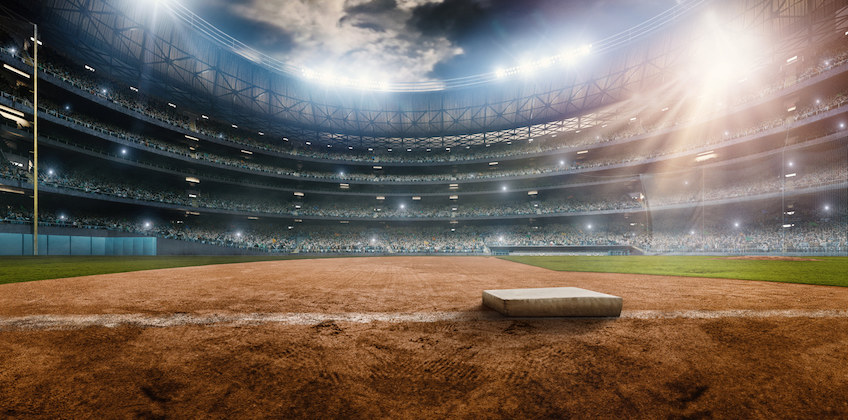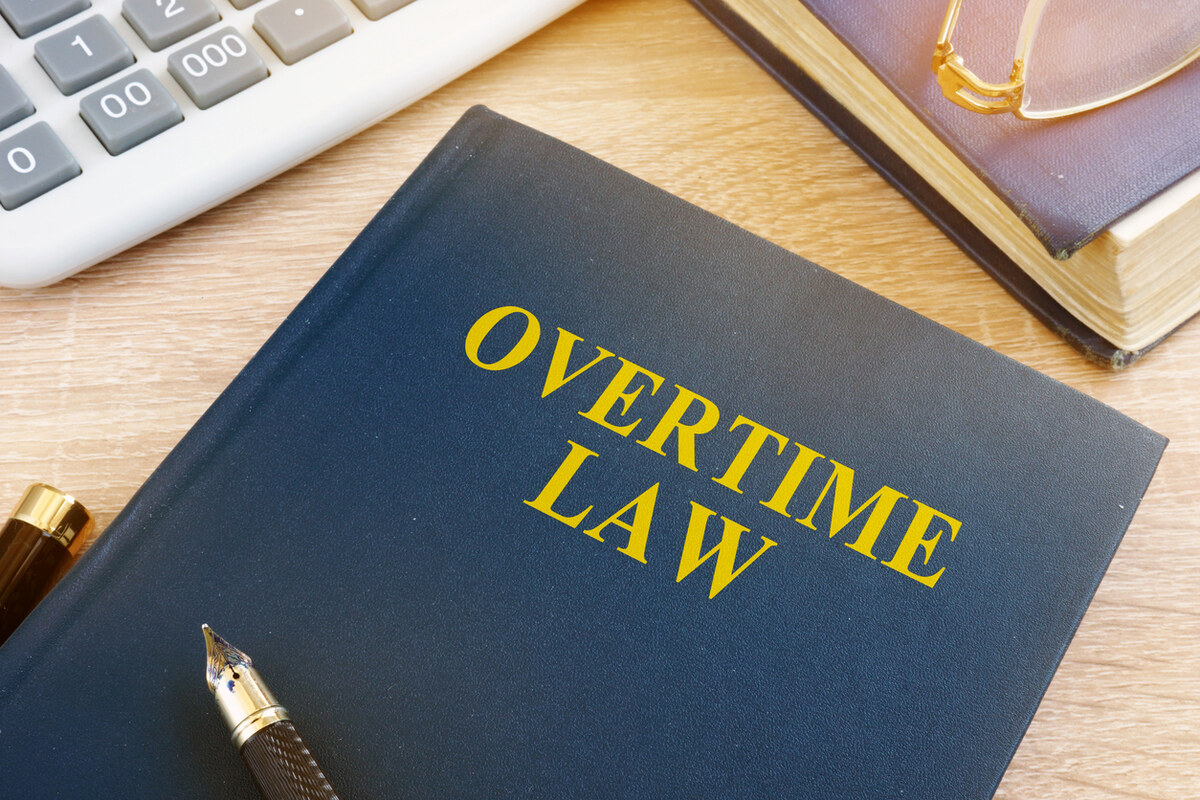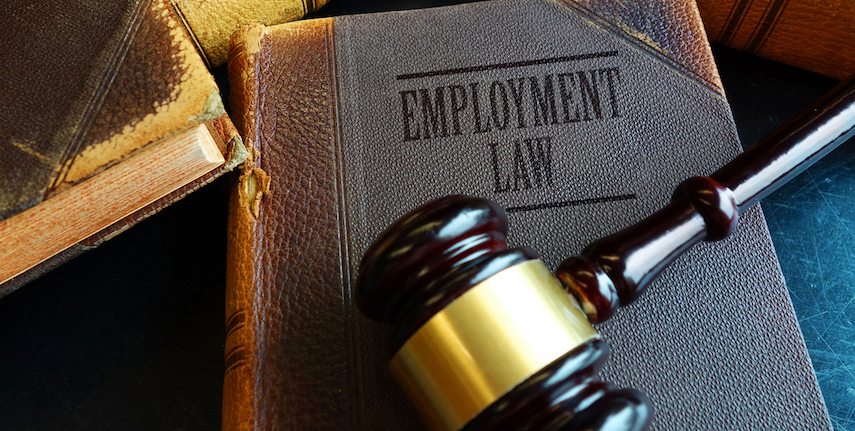California Wage & Hour Lawsuit Against MLB in Rain Delay

Oakland, CA: As the major league baseball season continues to roll along, a wage & hour lawsuit against Major League Baseball brought by minor leaguers over rates of pay and other issues continues to traverse a rocky path akin to the bases loaded in the 9th, with nobody out in a tie game and you’re the team pitching…
Earlier in the proposed class action lawsuit US Chief Magistrate Judge Joseph C. Spero had denied the plaintiffs’ efforts to secure class action status, suggesting that there were flaws in the plaintiffs’ submission, and that there was insufficient continuity of activity amongst all the proposed class members to warrant status as a class, due to the degree of difficulties involved. The plaintiffs came back with changes to their wage & hour lawsuit, removing claims associated with off-site winter conditioning, amongst other alterations.
Plaintiffs also narrowed the class to include only minor league players in the state of California, making it a California wage and hour lawsuit. Plaintiffs scored a small victory in March, when Judge Spero reversed an earlier decision and agreed to certify the plaintiffs’ claims as a class action, as well as a collective action under the Fair Labor Standards Act.
But now everything is in limbo again, as Major League Baseball has appealed the ruling to the Ninth Circuit, with Judge Spero giving the defendants pause to facilitate their appeal.
The proposed class action lawsuit is itself now on pause – call it an extended rain delay – until the appellate panel of the Ninth Circuit has the opportunity to hear the appeal.
It could be a long delay, according to court records and those conversant with the case load of the Ninth Circuit: “Given the state of the Ninth Circuit’s docket,” writes Nathaniel Grow, professor of legal studies at the University of Georgia, “if the circuit court doesn’t expedite the appeal, it could easily take a year and a half or longer just to get an appellate ruling on the class certification issue,” he said. “So instead of looking at a possible trial later this year, you’re probably into 2019, maybe even 2020 before this goes to trial.”
The wage and hour lawsuit was originally filed early in 2014, with minor league ball players claiming, through their wage and hour lawyer, unpaid overtime and wages that did not meet minimum wage standards, or so it has been alleged. Some players assert they collected as little as $1,100 per month in spite of working 200 hours in an average month, or 50 hours in a week.
At issue is a uniform player contract observed by teams in the minor leagues – and plaintiffs assert this has been going on for some time now: the wage and hour class action seeks to represent players having played under the uniform contract dating back to 2010.
Some 2,200 minor league players had opted into the wage and hour lawsuit before it was decertified in 2016. When plaintiffs narrowed their focus, Judge Spero reversed his earlier decision and in March of this year gave the green light to the California wage and hour class and collective action.
But now Major League Baseball – the defendant in the case – wants to appeal and Judge Spero maintains the defendants have the right to do that.
“The court concludes that these questions involve controlling questions of law as to which there is substantial ground for difference of opinion because of the dearth of relevant case law and tension in the relevant legal standards,” the judge said. “Because these questions have crucial implications for whether a collective may be certified in this action, the court concludes that an immediate appeal from its March 7, 2017, order may materially advance the ultimate termination of the litigation.”
Major League Baseball and its clubs could suffer ‘significant harm’ depending upon which way the Ninth Circuit rules – and that’s if the Ninth Circuit agrees to hear the appeal at all.
“Should the Ninth Circuit reverse this court’s [order], defendants will suffer substantial harm if this action is not stayed pending appeal as they will have devoted very substantial time and resources on the litigation, particularly with respect to the completion of discovery, dispositive motions and trial preparation on class claims,” the judge said.
For now, the plaintiffs wait in a rain delay…
The case is Aaron Senne et al. v. Office of the Commissioner of Baseball et al., Case No. 3:14-cv-00608, in the US District Court for the Northern District of California.
Earlier in the proposed class action lawsuit US Chief Magistrate Judge Joseph C. Spero had denied the plaintiffs’ efforts to secure class action status, suggesting that there were flaws in the plaintiffs’ submission, and that there was insufficient continuity of activity amongst all the proposed class members to warrant status as a class, due to the degree of difficulties involved. The plaintiffs came back with changes to their wage & hour lawsuit, removing claims associated with off-site winter conditioning, amongst other alterations.
Plaintiffs also narrowed the class to include only minor league players in the state of California, making it a California wage and hour lawsuit. Plaintiffs scored a small victory in March, when Judge Spero reversed an earlier decision and agreed to certify the plaintiffs’ claims as a class action, as well as a collective action under the Fair Labor Standards Act.
But now everything is in limbo again, as Major League Baseball has appealed the ruling to the Ninth Circuit, with Judge Spero giving the defendants pause to facilitate their appeal.
The proposed class action lawsuit is itself now on pause – call it an extended rain delay – until the appellate panel of the Ninth Circuit has the opportunity to hear the appeal.
It could be a long delay, according to court records and those conversant with the case load of the Ninth Circuit: “Given the state of the Ninth Circuit’s docket,” writes Nathaniel Grow, professor of legal studies at the University of Georgia, “if the circuit court doesn’t expedite the appeal, it could easily take a year and a half or longer just to get an appellate ruling on the class certification issue,” he said. “So instead of looking at a possible trial later this year, you’re probably into 2019, maybe even 2020 before this goes to trial.”
The wage and hour lawsuit was originally filed early in 2014, with minor league ball players claiming, through their wage and hour lawyer, unpaid overtime and wages that did not meet minimum wage standards, or so it has been alleged. Some players assert they collected as little as $1,100 per month in spite of working 200 hours in an average month, or 50 hours in a week.
At issue is a uniform player contract observed by teams in the minor leagues – and plaintiffs assert this has been going on for some time now: the wage and hour class action seeks to represent players having played under the uniform contract dating back to 2010.
Some 2,200 minor league players had opted into the wage and hour lawsuit before it was decertified in 2016. When plaintiffs narrowed their focus, Judge Spero reversed his earlier decision and in March of this year gave the green light to the California wage and hour class and collective action.
But now Major League Baseball – the defendant in the case – wants to appeal and Judge Spero maintains the defendants have the right to do that.
“The court concludes that these questions involve controlling questions of law as to which there is substantial ground for difference of opinion because of the dearth of relevant case law and tension in the relevant legal standards,” the judge said. “Because these questions have crucial implications for whether a collective may be certified in this action, the court concludes that an immediate appeal from its March 7, 2017, order may materially advance the ultimate termination of the litigation.”
Major League Baseball and its clubs could suffer ‘significant harm’ depending upon which way the Ninth Circuit rules – and that’s if the Ninth Circuit agrees to hear the appeal at all.
“Should the Ninth Circuit reverse this court’s [order], defendants will suffer substantial harm if this action is not stayed pending appeal as they will have devoted very substantial time and resources on the litigation, particularly with respect to the completion of discovery, dispositive motions and trial preparation on class claims,” the judge said.
For now, the plaintiffs wait in a rain delay…
The case is Aaron Senne et al. v. Office of the Commissioner of Baseball et al., Case No. 3:14-cv-00608, in the US District Court for the Northern District of California.











No Comments